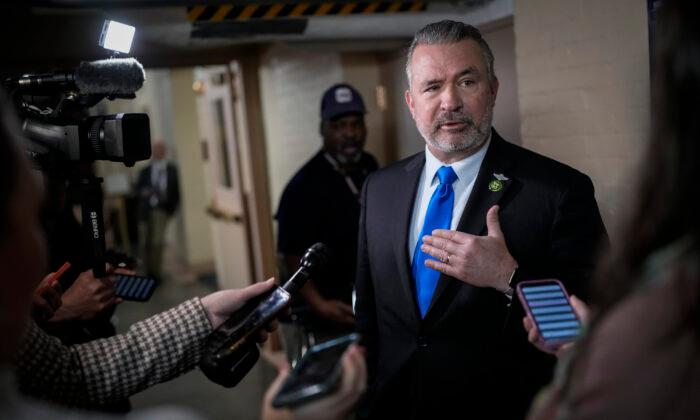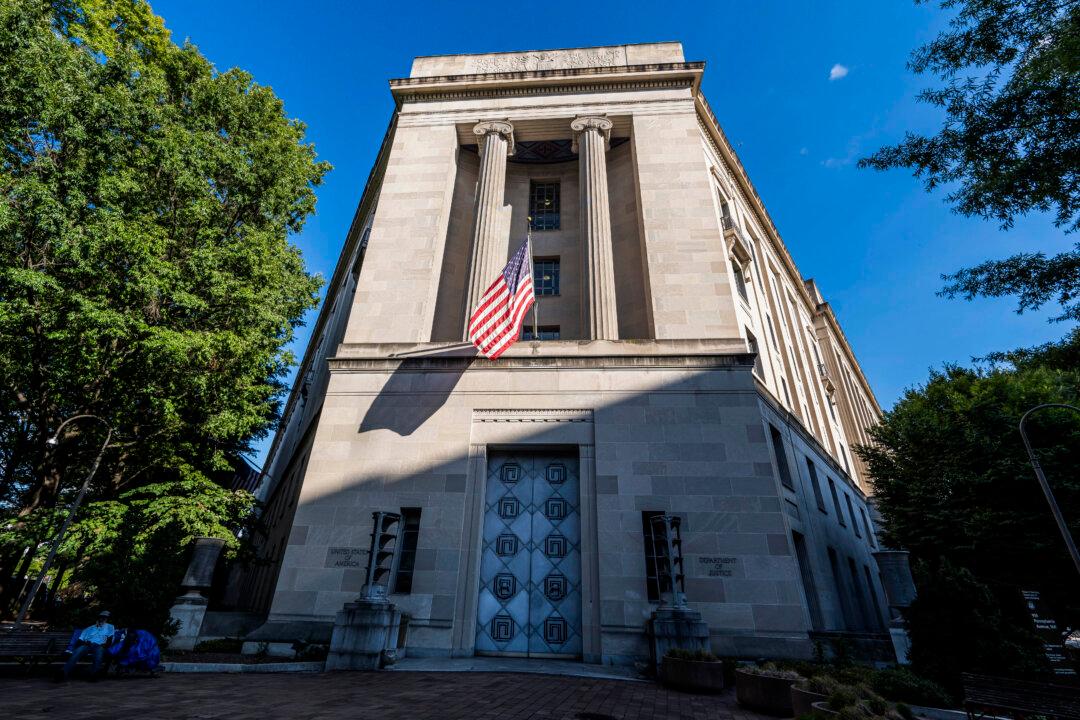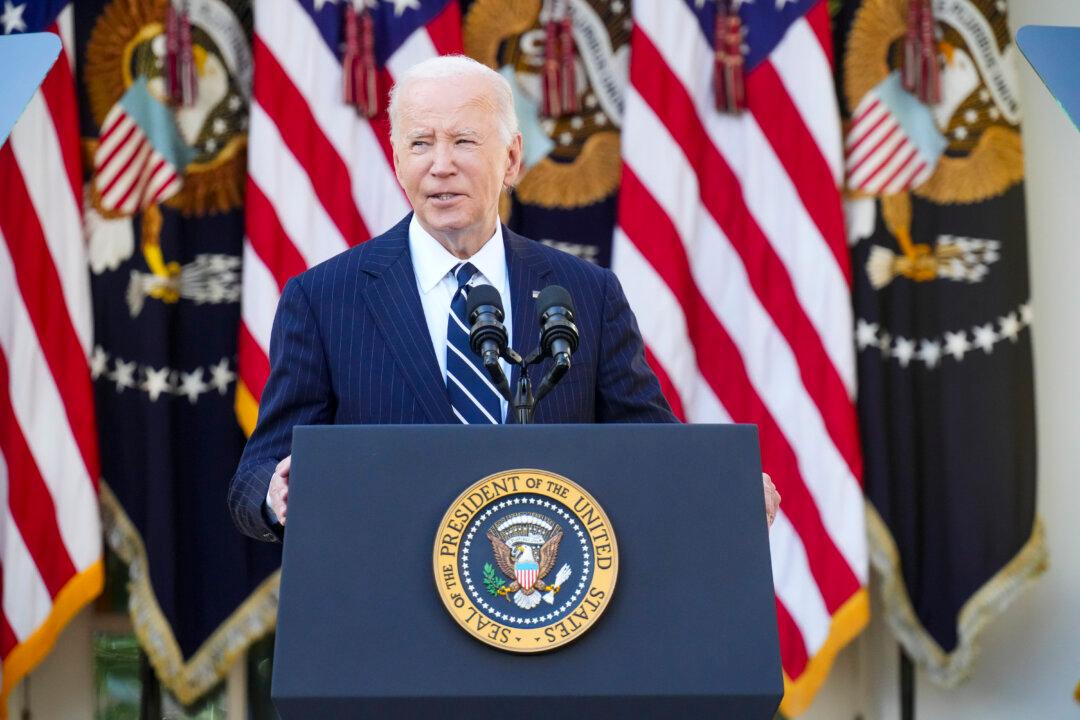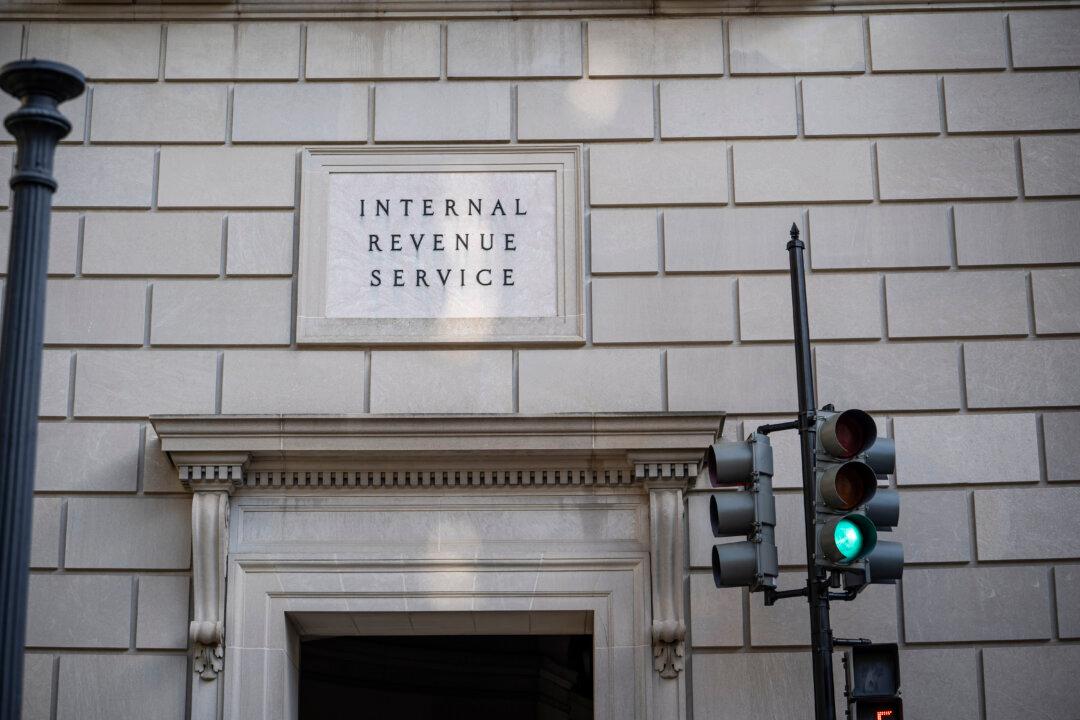Rep. Don Bacon (R-Neb.) has warned that the risk of a U.S. national debt default is a “real threat” that must be taken seriously, as Republicans push for spending cuts while the White House vows not to yield to the GOP in exchange for avoiding a debt ceiling standoff.
A number of Republican lawmakers have said that they support the idea of raising the debt ceiling limit as a way to force Democrats to cut spending.
Democrats want to pass debt ceiling legislation quickly and with no preconditions and are pushing Republicans to get on board. Raising the cap would avoid a national debt default, which Treasury Secretary Janet Yellen said on Jan. 13 would cause “irreparable harm” to the U.S. economy and financial stability.
Some policy experts, including Yellen, have called on lawmakers in Washington to do away with the debt limit entirely because it amounts to a bureaucratic stamp on decisions already made.
‘Get Control of Reckless Funding’
McCarthy, for his part, appeared to side with Republicans who want to force spending cuts amid debt cap talks, while arguing that the Biden administration’s unyielding stance is unreasonable.“For the White House to say they won’t even look at it, that they can’t find one penny out of $1 of eliminating waste, I think they’re just trying to put us into bankruptcy.”
Bacon told ABC that both Democrats and Republicans must take the talks seriously and avert what would certainly be a market-shaking event.
“The Republicans were largely elected to get control of reckless funding. That’s the mission that their voters have given them. So, when President Biden says he’s just going to refuse to negotiate with Republicans on any concessions, I don’t think that’s right either,” Bacon said.
“But on our side, we have to realize we control the House with a four-seat majority. The Senate is run by the Democrats with a one-seat majority. And the president is obviously from the Democratic Party. So we can’t get everything we want either.”
In February 2020, before lawmakers responded to the COVID-19 pandemic with a massive spending spree, the national debt stood at around $23.5 trillion.
Where Does Debt Go From Here?
In its latest long-term budget outlook, the Congressional Budget Office (CBO) projected that growing deficits and rising interest rates will drive federal debt held by the public to unprecedented levels over the next 30 years.According to the CBO, America’s federal debt is projected to reach 175 percent of gross domestic product (GDP) by 2050.
When calculated on the basis of a U.S. GDP of around $23.3 trillion in 2021, that would put America’s public debt in 2050 at an estimated $40.8 trillion. But that figure is likely to be higher, as U.S. economic output is projected to be greater.
With the CBO’s projection that debt in 2050 will be 175 percent of GDP, that would set the estimated U.S. government debt held by the public in 28 years at a whopping $59.7 trillion.
What It Means
When the debt ceiling is reached, the government is no longer able to borrow money to finance its operations.If the government needs more money than it has on hand, it may have to cut spending or find other ways to raise revenue.
The Treasury can buy some time by resorting to “extraordinary measures” to temporarily avoid defaulting on its debt obligations.
Such measures include suspending investments in certain government pension funds, delaying payments to certain government programs, or using cash balances accumulated from taxes or other revenue streams.
Some analysts have proposed that the Treasury can bypass the crisis by minting a multitrillion-dollar platinum coin and putting it in the government’s account, an idea widely viewed as an outlandish gimmick.
Others argue that the debt ceiling itself violates the U.S. Constitution, but if the Biden administration invoked that argument, a legal challenge would certainly ensue.
In a 2011 showdown, House Republicans successfully used the debt ceiling to extract sharp limits on discretionary spending from President Barack Obama.
“The debt limit is going to be a problem,” economists at Goldman Sachs said in a report issued last week. “Fiscal deadlines will pose a greater risk this year than they have for a decade.”
Jack Phillips contributed to this report.




